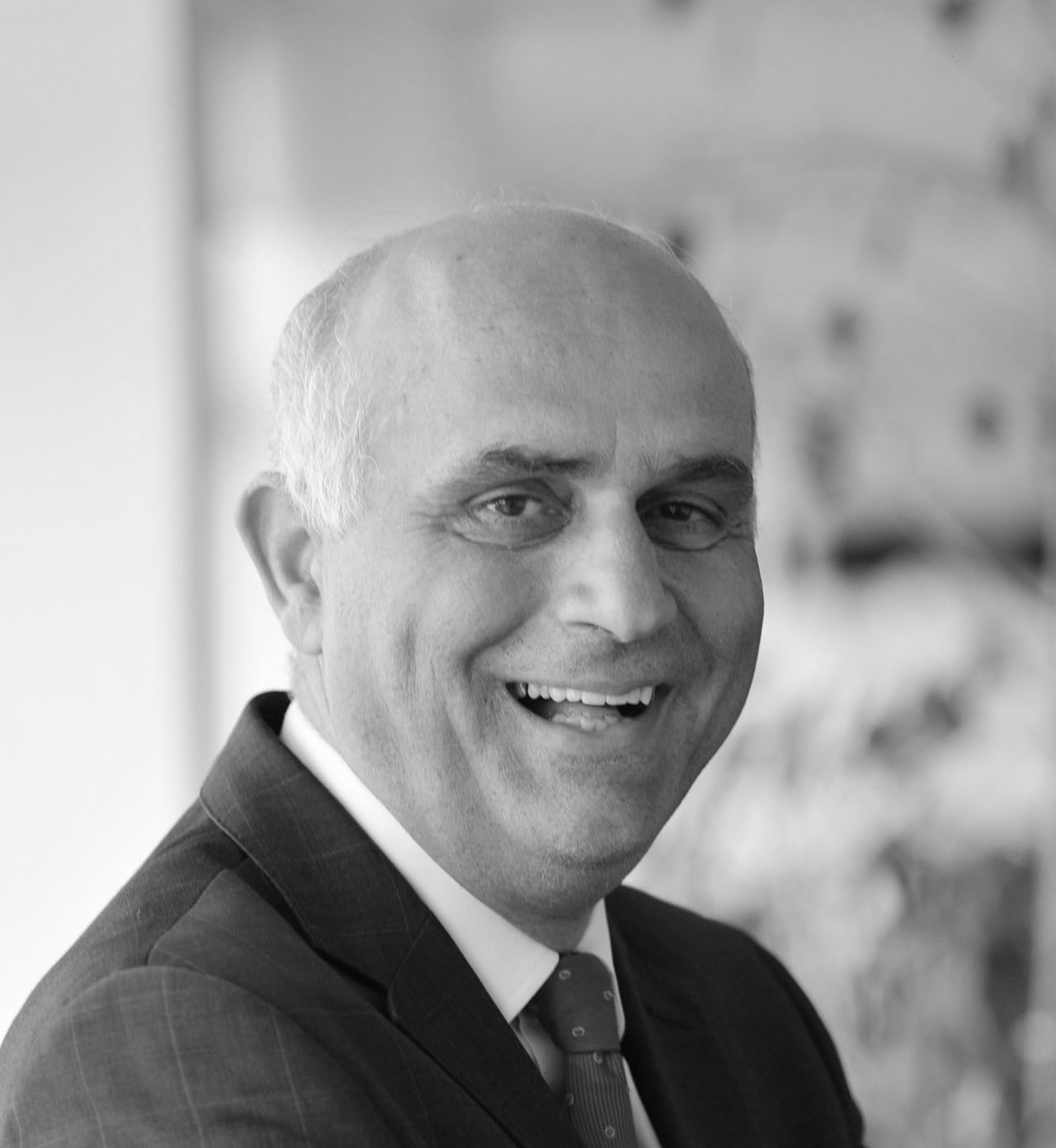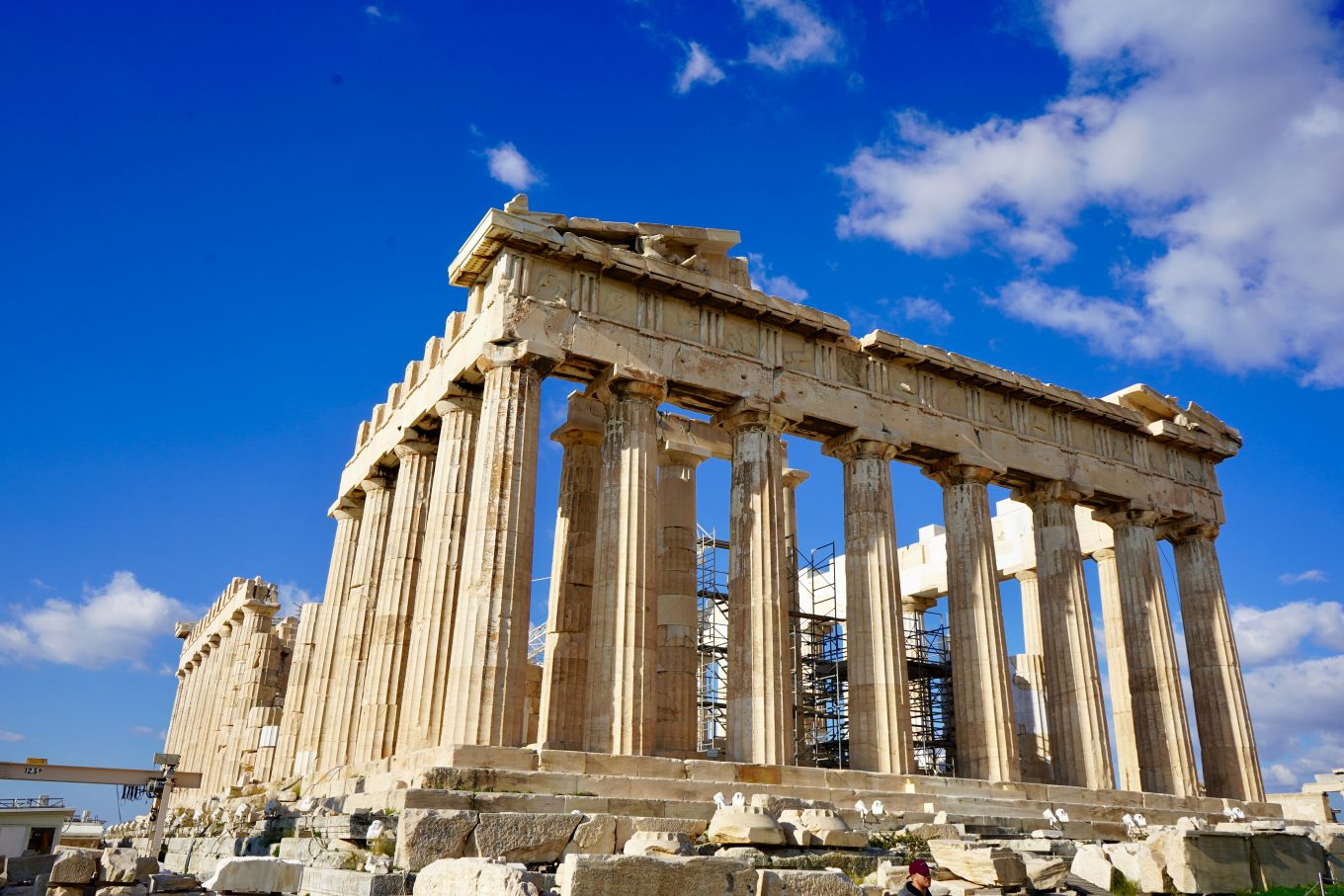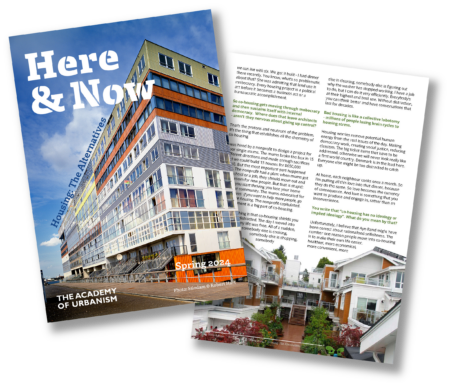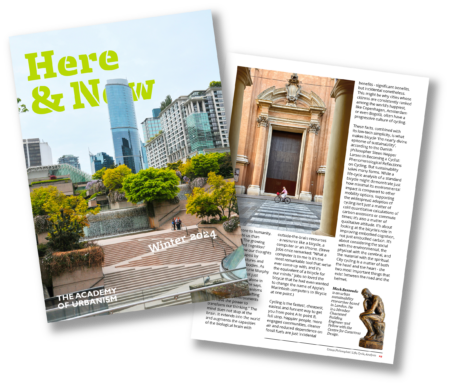As urbanists we believe that good quality urban environments make us happy. But, asks Andreas Markides, what do we mean by happiness?
 At several of my presentations in the last few years I have spoken about how good design and better places (however that term may be defined) give rise to happier people. Often I would then make the bold statement that happy people usually go on to “create civilisations” -and at this point I would reference back to classical Athens with its invigorating agora, its bustling harbour and magnificent temples.
At several of my presentations in the last few years I have spoken about how good design and better places (however that term may be defined) give rise to happier people. Often I would then make the bold statement that happy people usually go on to “create civilisations” -and at this point I would reference back to classical Athens with its invigorating agora, its bustling harbour and magnificent temples.
I would then contrast that picture with modern-day Athens; its congested, traffic-choked streets, its nefos (the dark cloud that hovers over Athens on many hot days and makes breathing difficult), the beggars on the streets… I would exemplify this degradation by showing a picture of one of many riots that took place in Athens during the country’s economic collapse. The point I would be making is that happy people feel confident about themselves and this leads to creativity. In contrast, unhappy/angry people have no time to create; instead, they just destroy.
What I found surprising is that I have never been challenged by any member of the audience about this presumption! I took that to mean that (intuitively at least) all of us agree that better places create happier people.
Using that as my platform, I now go on to ask myself the bigger question of what is happiness and how can that be achieved? A better physical environment certainly helps -but is that all that is required? The answer of course is NO, much more is needed such as good health, friendships, love and enjoying the respect of others.
happiness is many things but it is mostly transient.
All this is exemplified by the following story from Herodotus: there lived in Athens a wise man called Solon; he is the one that lay the foundations for Athens to acquire its set of Laws which eventually led to a democratic system. Solon’s reputation spread far and wide amongst the then known world and at one point he was invited to the palace of King Croesus of Lydia who was known for his enormous wealth. Croesus showed Solon round his stunning palace and all his treasures; at the end of the tour he asked Solon if he could name a happier man than King Croesus. Solon surprised his host by naming an unknown Athenian named Tellus. Solon explained that this man had fought bravely for his country and that he was fortunate enough to see his children and grandchildren before he died in old age. Undaunted, Croesus went on to question who the second happiest person is and Solon replied that it was probably two young men from Argos who were known for their love and respect for their mother. They too had died peacefully in the temple where their mother had been a priestess.
Croesus was very angry with these responses and asked Solon why his own happiness had been dismissed as less worthy than those of a few ordinary men. Solon went on to explain that in the length of a lifetime there is much that one does not wish to experience. Consequently, a human life cannot be judged happy until it has been completed. Even a rich king, seemingly blessed with happiness now, may at any time in the future meet with disasters which will invalidate his apparent happiness.
Croesus called Solon a fool and threw him out of the palace. Soon afterwards, King Cyrus of Persia invaded Croesus’ kingdom; Cyrus was triumphant and Croesus himself was captured and ordered to be executed. As Croesus was about to be burned on a pyre, he cried out Solon’s name. At that point Cyrus ordered for the pyre to be stopped because he was curious to find out what Croesus meant by calling out “Solon, Solon -how right you were”!
Croesus then related his encounter with Solon and Cyrus is so moved that he ordered Croesus to be freed.
So, happiness is many things but it is mostly transient. It is only once we have seen someone’s entire life (and importantly his death) that we will be able to judge if they have had a happy life. There are of course many cases that prove Solon right. The all-mighty emperor Nero committed suicide at age 30. Julius Caesar who moments earlier had attained a status as close to a deity as is possible -lay dead in the Senate with more than 20 Roman daggers stuck into him. And in modern times one can name president Ceausescu of Romania who was shot together with his wife by his own countrymen as they were trying to flee the country. The all-mighty Idi Amin fled his own country and died a fugitive and alone in Saudi Arabia. Pinochet of Chile became an international parasite. The shah of Iran who at one point thought of himself as supreme emperor ended up unable to find a country that would accept him, even to cure his cancer.
Outside politics we have Jeffrey Epstein with his several mansions who ended up hanging himself in prison. The Hollywood mogul Harvey Weinstein who is now rotting in prison – and so on …..
Despite the power and riches that they had once enjoyed, can any of these people be judged to have had a happy life?
Final word on this must be given to Socrates who believed that only people with self-knowledge could find true happiness. According to Socrates, happiness does not flow from physical or external conditions such as bodily pleasures, wealth or power. Happiness arises only from living a “good life” ……
The big question of course is -what is a ‘’good life’’? Again Socrates (via the writings of Plato) provides the answer -happiness (or well-being) is the highest aim of moral thought and conduct.
And this brings me back to my original statement that the creation of better places leads to civilisations. How is that done? By freeing people of ugly thoughts and liberating the mind, thereby leading to ‘’moral thought and conduct’’. That’s what a good place does! And that’s how we achieve happiness. At this point I should make clear that the creation of better places is not only about the physical environment that we live in. It is also about the PEOPLE that live in and contribute to that environment; in other words, our community. A healthy and well-educated community living in a joyful place are the essential pre-requisites for a happy life.
Andreas Markides AoU is the Executive Chairman of Markides Associates and former President of the Chartered Institution of Highways and Transportation.






